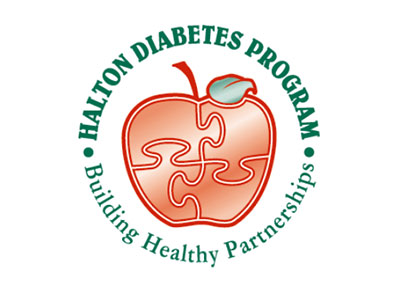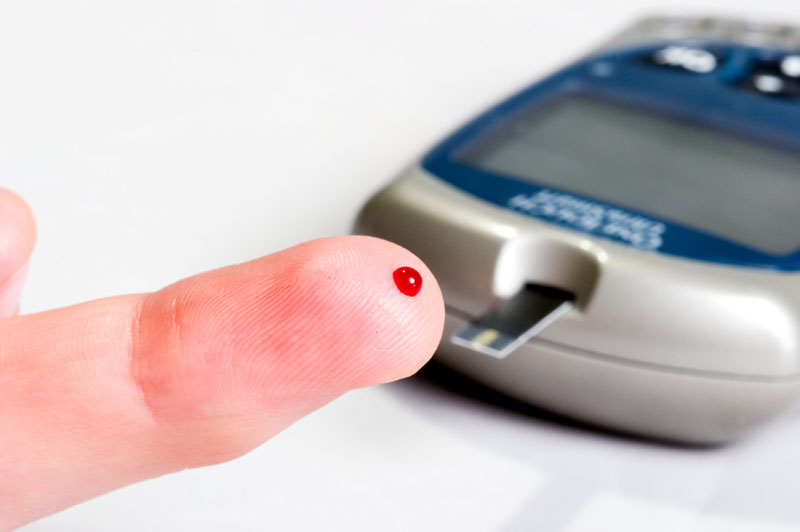STORY BY MELISSA GERVAIS
November is diabetes awareness month. Reaching out to colleges for the first time, representatives from the Halton Diabetes Program will be providing a free interactive information booth in the Trafalgar Campus’ B Wing on Nov. 7 from 10 a.m. to 2 p.m., and from 4 to 6 p.m.

Students and staff will be given the rare opportunity to check their glucose levels, view samples of insulin pumps, and have their questions answered by program volunteers.
Sally Reid, a registered nurse who initiated the program with dietitian Diane Moore, said that it’s important to reach out to students in post-secondary institutions.
“There’s a big push at the moment to help younger people who are transitioning from the pediatric populations into adulthood. We just felt that a college population was an ideal place to spread the word that there is help available for people dealing with diabetes, that they’re not on their own, and there isn’t anything to be ashamed of,” she said.
“Many young folks that go to college/university will often hide the fact that they have it. They don’t want their new friends to know that they’re injecting themselves with insulin.”
“Even for staff of various colleges and universities, it might be helpful for them to gain a better understanding of why students may need to check their blood sugar in class, or be eating, or need to have some sugar available when they’re writing exams,” Moore added.
Moore said that it could be difficult for students to keep track of their blood glucose levels while at school, and that dealing with low blood sugar levels can become a challenge while sitting in a classroom.
“So the idea was to go to somewhere like Sheridan, where we might be able to let some of the people there with Type 1 or Type 2 diabetes know about us and let them know that we’re here to help them if they need that. We’re also going to be offering people a chance to have their blood sugar checked,” Moore said. “Anybody who wants to can have their blood sugar checked right on the spot when we’re there.”
Type 2 diabetes is diagnosed when the pancreas either fails to produce adequate levels of insulin, or it does not properly use the insulin it makes. Type 1 diabetes occurs when the pancreas stops producing insulin altogether.
Treatment for diabetes includes maintaining a healthy diet, exercise and medication (pills or insulin injections).
“There are really unique challenges for anybody that has diabetes, and is trying to fit it into their everyday lives, be it school or work,” Reid said.
If anybody’s interested in the criteria for being diagnosed as having diabetes – what it means, what the blood testing and the numbers mean – or if they’re looking for advice on how to manage their diets and medications, the volunteers will be readily available to answer any of the questions that the staff and students may have, she added. “There’s going to be a lot of information for everybody.”
There will also be prizes.
“We’re offering some great prizes of two mini iPads that will be in a draw,” Reid said. “Also, Sheridan has supported us with bookstore gift vouchers of $50 as well.”
